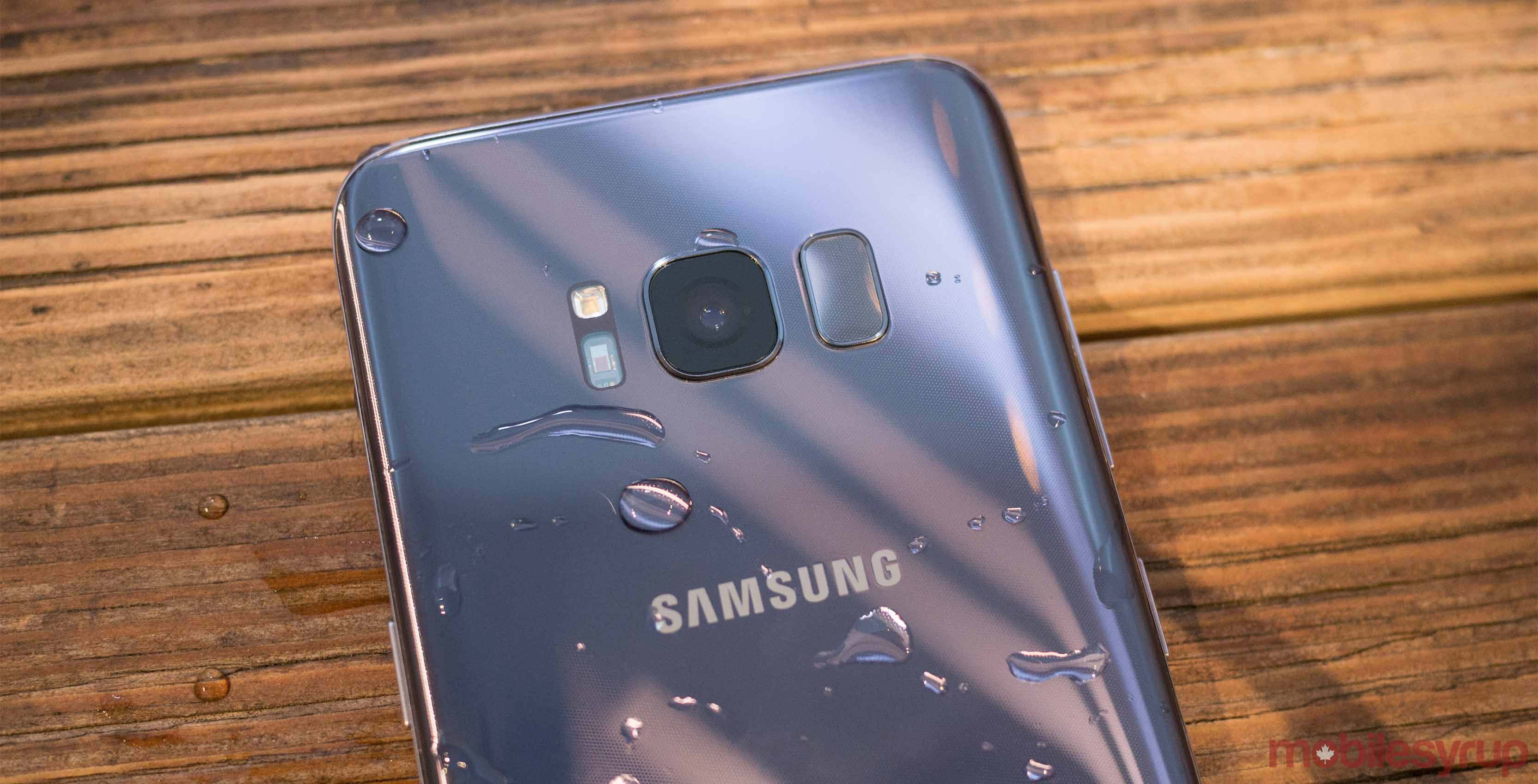
Samsung’s new camera technology enables better low-light performance and higher resolution cameras. Called ISOCELL Plus, the technology improves on Samsung’s 2013 ISOCELL technology.
ISOCELL solved a problem with cellphone camera sensors. ISOCELL uses a metal grid to form barriers between individual pixels. This stops colour crosstalk — a phenomenon where light entering pixels caused an undesired effect in another pixel.
The issue started to appear as manufacturers squeezed cellphone cameras into smaller and smaller spaces. Because pixels were so close together, light photons would cross over into adjacent pixels. Samsung’s ISOCELL places a metal barrier between pixels, preventing crosstalk.
However, ISOCELL has its own drawbacks. Metal can absorb and reflect light in different ways. This reflection and absorption results in optical degradation.
Optimized pixel isolation
Samsung’s new ISOCELL Plus technology utilizes a new material developed by Fujifilm to separate the pixels. The material helped optimize the isolation between individual pixels.
Thanks to the new material, Samsung was able to achieve 15 percent more light sensitivity and richer colours.
Additionally, the technology enables Samsung to make smaller pixels than the previous metal grid. According to Samsung, the technology allows for sensors wit 0.8 micrometre pixels without any performance loss. Furthermore, this will enable cameras with more than 20 megapixels.
This new technology could offer improvements over current cameras when it comes to lowlight. Right now, cellphone cameras struggle in lowlight because the sensors can’t absorb enough light. Until now, most solutions to get around this meant increasing the phones thickness by incorporating a larger sensor. Alternatively manufacturers could use a technique called pixel-binning to produce brighter images. However those images are low-resolution.
ISOCELL Plus could enable manufacturers to achieve better performance without sacrificing resolution or phone size.
Samsung is currently showing off the tech at Mobile World Congress Shanghai, which runs until June 29th.
The Korean technology giant hasn’t announced any phones with ISOCELL Plus sensors.
Source: Samsung Via: Android Police
MobileSyrup may earn a commission from purchases made via our links, which helps fund the journalism we provide free on our website. These links do not influence our editorial content. Support us here.


